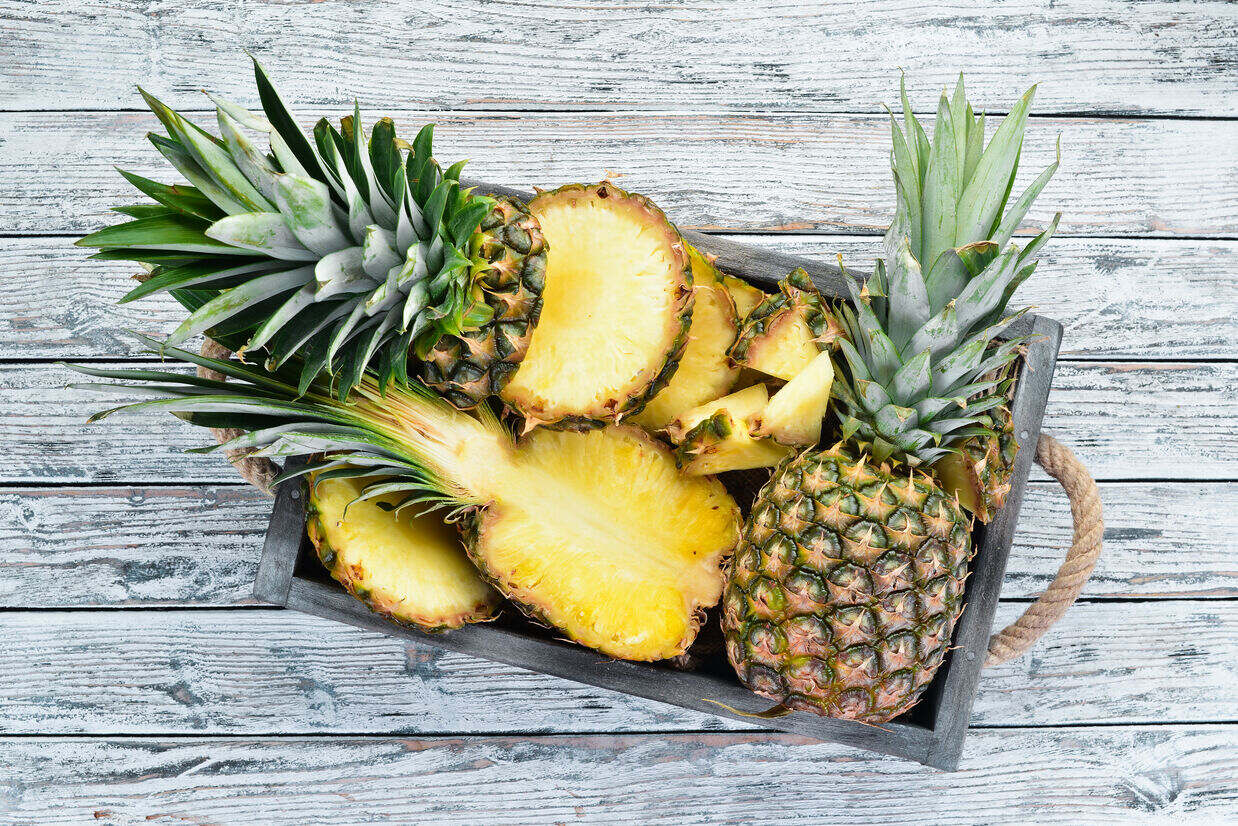How Can Pineapple Waste Turn Into Profitable Products?

In a world increasingly focused on sustainability, the shift towards renewable resources and innovative eco-friendly practices has never been more crucial. These forward-thinking approaches not only help mitigate environmental impact but also create win-win situations that benefit both the planet and the economy. By turning what was once considered waste into valuable products, companies are redefining industries and paving the way for a greener, more sustainable future.
Once considered mere agricultural waste, pineapple leaves are now at the forefront of sustainable innovation. A decade ago, a designer revived an ancient technique to extract fibers from pineapple leaves, creating an eco-friendly alternative to leather called Piñatex, along with a new type of yarn. This ingenious approach has not only given new life to pineapple waste but has also opened new avenues for eco-conscious businesses across the globe.
Piñatex: Fashion’s Pineapple Revolution
Piñatex, the brainchild of designer Carmen Hijosa, has transformed the fashion industry. Using fibers from pineapple leaves, Carmen developed a sustainable material that mimics the look and feel of leather. Brands like Nike and Hugo Boss have already incorporated Piñatex into their products, showcasing its potential as a fashionable and eco-friendly alternative to traditional leather.
The process begins with pineapple leaves, which are usually discarded or burned. Instead, they are harvested, dried, and processed to extract fibers, which are then shipped to Barcelona and New York for further refinement. The final product is a thick, durable fabric that is 95% plant-based, with a vision to make it entirely plant-based in the future.
Carmen’s innovation has saved 825 tons of pineapple leaves from being burned each year, turning waste into a valuable resource. Her journey from inspiration to the launch of her company in 2016 is a testament to the power of sustainable design.
LifePack: Compostable Plates with a Purpose
In Colombia, LifePack, founded by husband and wife team Claudia Barona and Andres Benavides, is turning pineapple crowns into compostable plates. These plates, made from a blend of pineapple crowns and recycled paper, are not just eco-friendly; they also contain tiny seeds that sprout when the plates decompose in soil, adding a touch of life to their sustainability.
LifePack has already made a significant impact, reducing the need for single-use plastics in Colombia. Despite the higher cost compared to traditional plastic plates, the demand for their sustainable packaging has soared, with LifePack now selling their products in supermarket chains and receiving orders from the U.S.
The company is also working to expand its operations and modernize its equipment to meet growing demand. Their goal is to franchise the business and continue spreading their eco-friendly solutions to more countries.
Fuwa Biotech: Cleaning with Pineapple Enzymes
In Vietnam, Fuwa Biotech is pioneering a new approach to cleaning products by using pineapple peels to create natural soaps and detergents. The company ferments pineapple peels with sugar and water, producing enzymes that can effectively clean and disinfect without the harsh chemicals found in traditional cleaners.
The process, inspired by the work of scientist and Buddhist nun Dr. Roshanay Bonbon, takes about three months to complete. The resulting cleaning products are not only effective but also safe for the environment, leaving behind minimal waste and reducing pollution.
Fuwa Biotech is on a mission to replace harmful chemical cleaners with gentler, enzyme-based alternatives. Their products are already being sold in minimarts across Vietnam and online, offering a sustainable choice for consumers who want to reduce their environmental footprint.
The Future of Pineapple Waste
These three companies—Piñatex, LifePack, and Fuwa Biotech—are leading the way in turning pineapple waste into valuable products. Their innovative approaches not only reduce environmental impact but also offer sustainable alternatives to traditional materials and products. As the demand for eco-friendly solutions continues to grow, the future looks bright for these pioneers of pineapple-powered sustainability.
Thank you Business Insider



